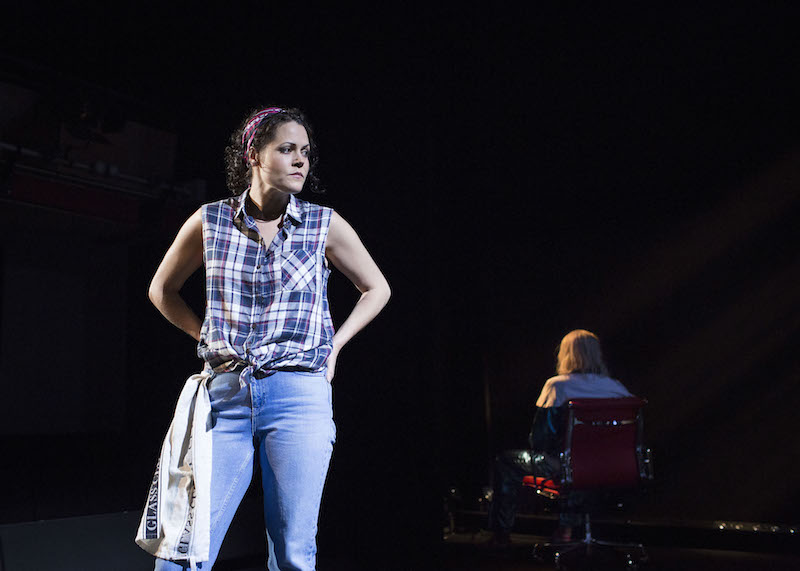 |
|
This collaboration between the Globe and Royal & Derngate has finally brought King John to the Globe. This story of power and family feuds on a huge scale is fantastically shown in James Dacre's deeply religious production. In fact, I think this production would suit a cathedral more than at the Globe, with a more powerful effect at the Middle Temple or Salisbury cathedral. I think some intensity is lost in the vast, open space of the Globe. However, despite this, it is still one hell of a show. Dacre combines complex and wonderful music with the elegance of Shakespeare's text. This creates a first rate theatrical production.Having the muscians share the actors space too creates this collaborative feel and further shows how Dacre has given music an equally important role as the text, unlike most of the work at the Globe which stick a band in the balcony. The emotion is raw in this production. When Tanya Moodie's Constance speaks, you feel the pure hatred and desperation for power. The element of religion is brought to the forefront in this production with the choral music adding the heartbreak of excommunication. Perhaps this detracts from the main element of this play which is the grapple for power but certainly helps the audience to understand the motives behind the actions of individuals in the play. Performances are of the highest standard, with Jo Stone- Fewings giving us an icy John which conjures up images of the Disney animation and Peter Ustinov's voice. The ridiculous movements he makes and the weakness shown in the king is done in a way that makes you despise yet pity him at the same time. The ensemble cast also give admirable performances. This production is striking and is one of the best the Globe has produced.











%20Pearce%20Quigley%20(Scrub)%20and%20Geoffrey%20Streatfeild%20(Archer)%20Photo%20by%20Manuel%20Harlan.jpg)

